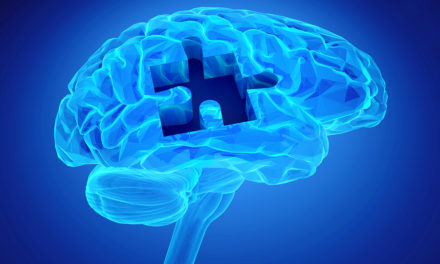Research appearing in Neuroscience Bulletin (2009; 25(4): 209-15) looked at the connection between vitamin B12 deficiency and the health of elderly patients. Out of 827 patients averaging 77 years of age (none younger than 60), 19.7% were vitamin B12 deficient. Vitamin B12 deficiency was associated with many health problems, including neurological symptoms like unsteadiness in the dark, Parkinsonism and hypopallesthesia. There were higher rates of diabetes, heart disease, cerebral ischemia, high blood pressure, and gastrointestinal diseases in the vitamin B12 deficient group.
Research appearing in the Journal of Neurological Sciences (2009; 284(1-2): 144-8) found that in 102 patients with Alzheimer’s disease, 7% were found to be B12 deficient (with deficiency defined as serum B12 being less than 350 ng/L) upon testing. In follow-up testing two years later, 22% were found to be B12 deficient. The authors of the study concluded that testing for B12 after may help to prevent the neurologic damage of B12 deficiency and help improve quality of life. There is a strong link to B12 deficiency and dementia.
Severe vitamin B12 deficiency can lead to pernicious anemia, which is a megaloblastic (large red blood cells) anemia. Neurologic symptoms show up in vitamin B12 deficiency long before the anemia develops. Of the deficient patients in this group, only 9.8% had a megaloblastic anemia.






